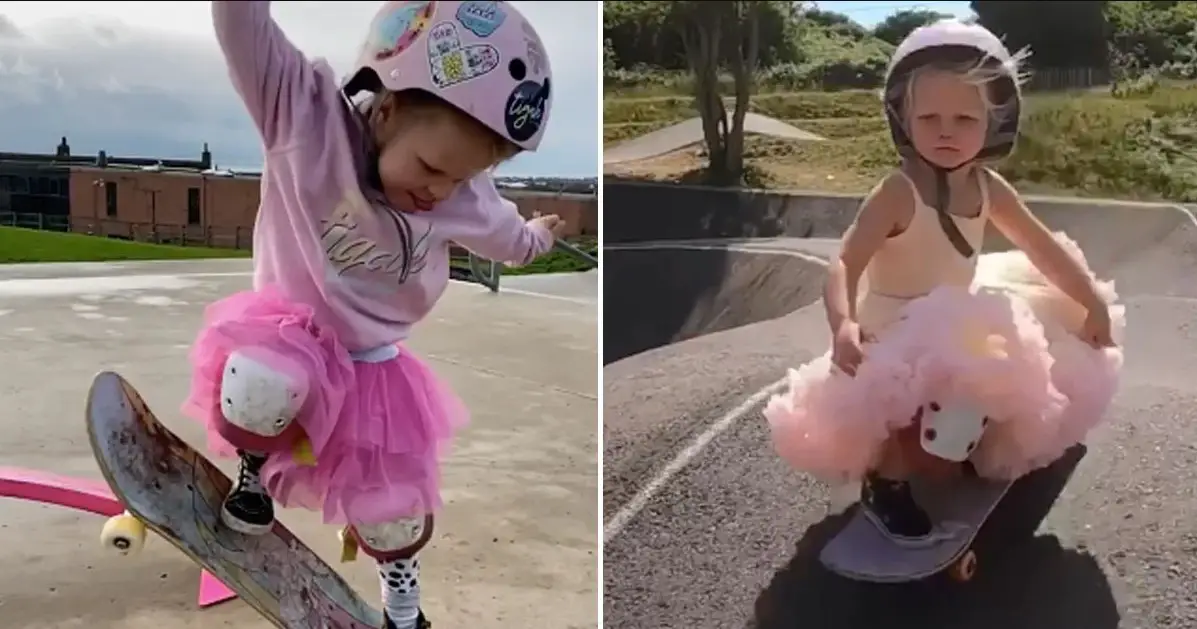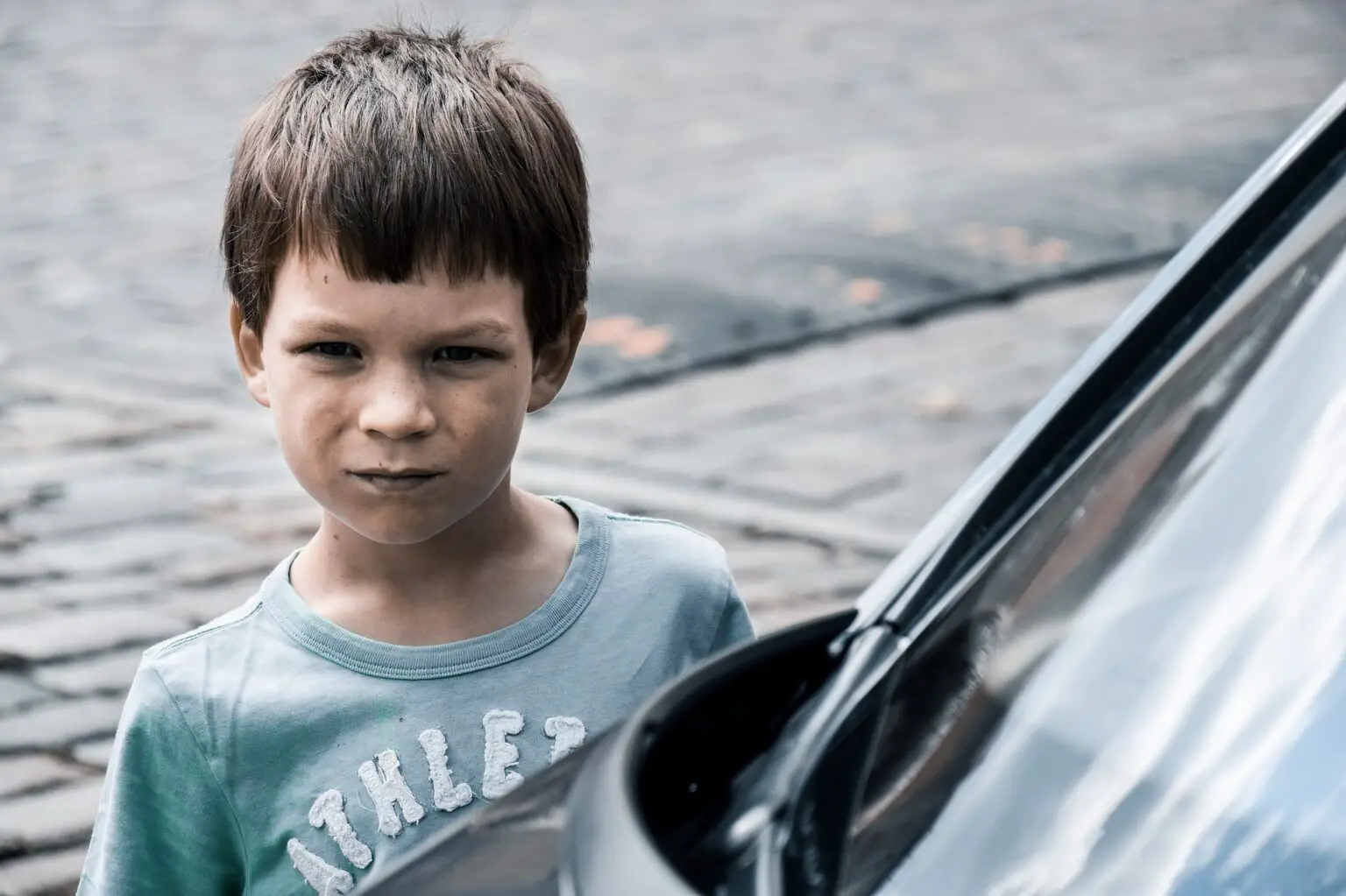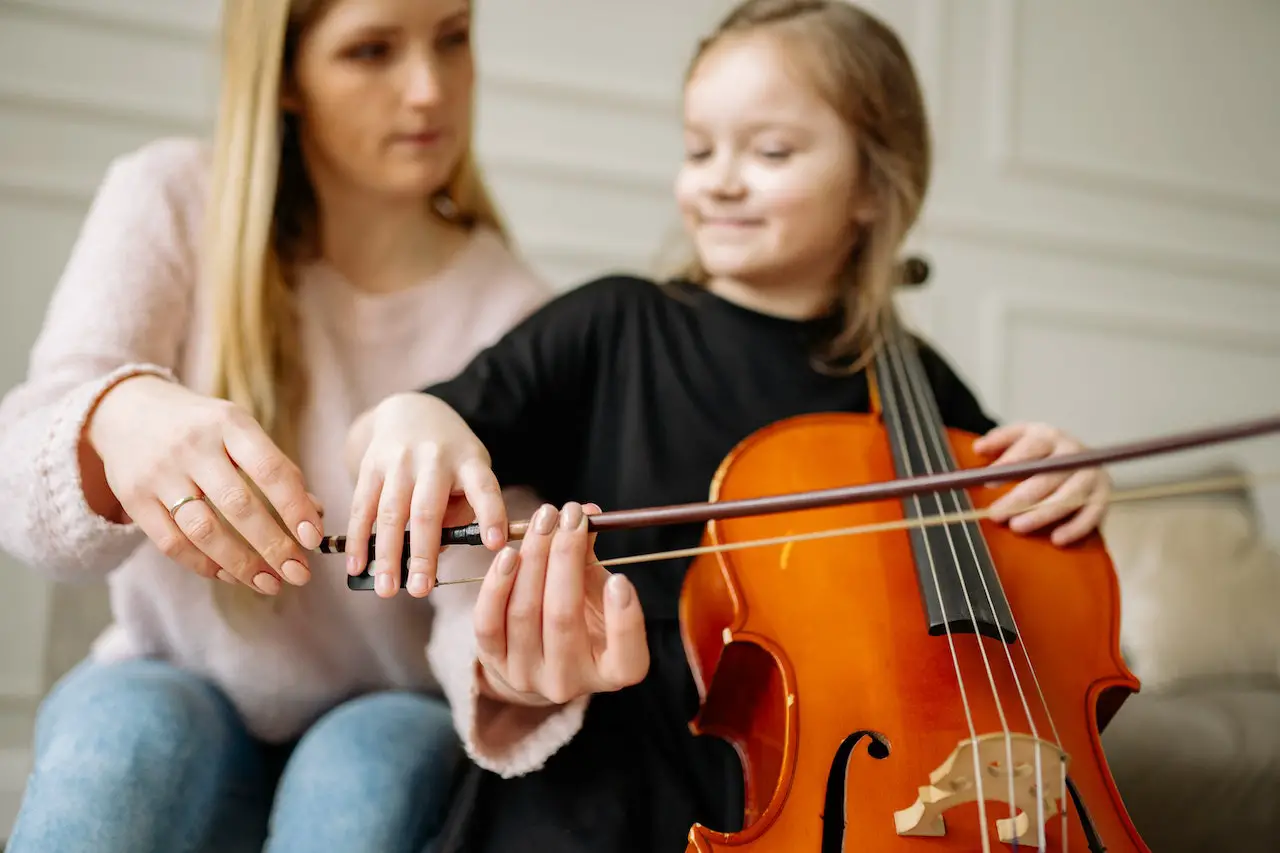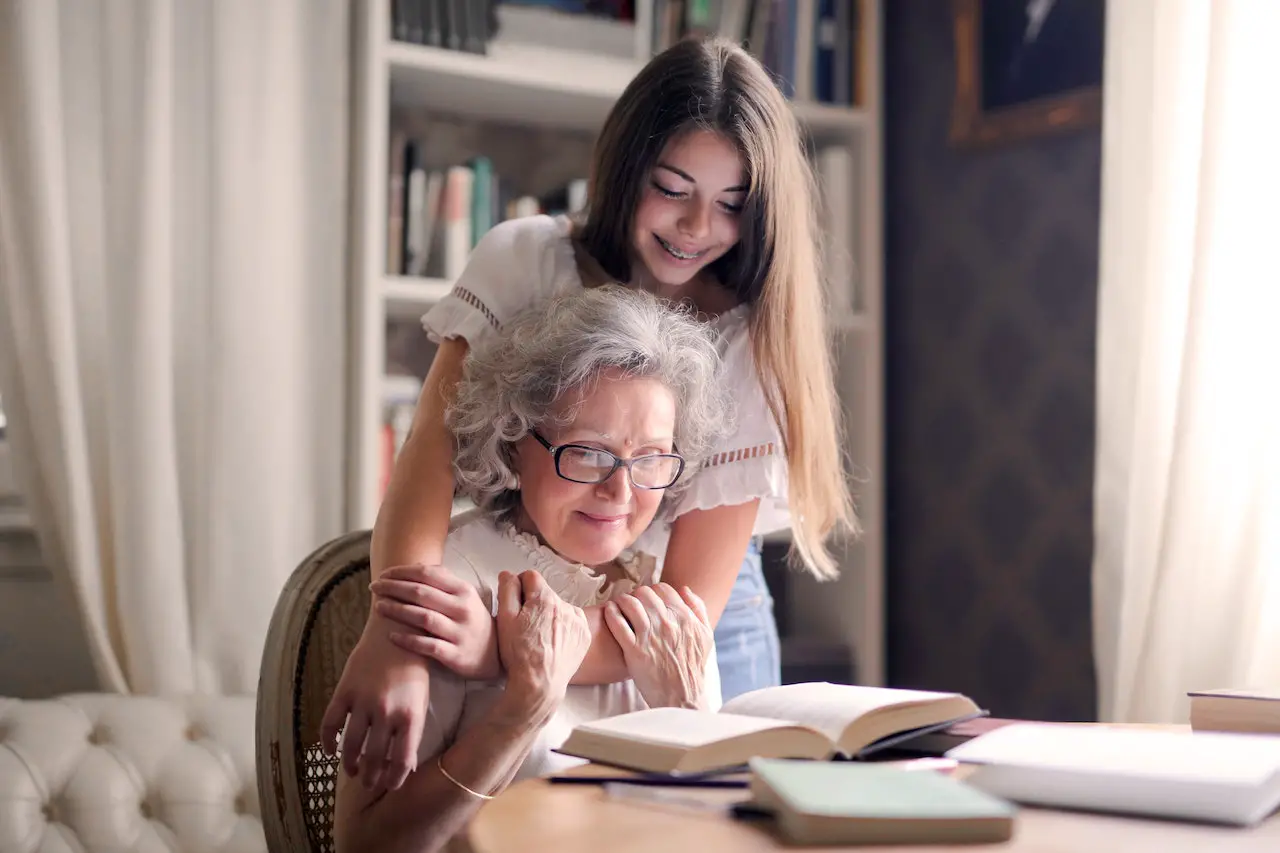Are you a mother or father of one or more boys? A new study could give you cause for concern if so. Researchers who study brain aging and dementia found that mothers with two or more children are at higher risk of experiencing brain aging. These findings reveal a fascinating dynamic between male children’s mental health and their mothers’. This could have implications for parents of boys growing up in the digital age. Continue reading to find out more about this remarkable discovery and its implications for modern families.
Study
A study was conducted by scientists from the University of Southern California. It used brain scans to show that people who had more children had shorter cognitive lives than those with only daughters. The results remained consistent regardless of other factors like gender, age, education, and so on. This effect could be due to both genetic and environmental influences. These findings add to growing evidence that biological differences between women and men have a significant effect on overall health.
Tests
Researchers conducted 2 year-long tests on 13,000 50+-year old participants over a 18-year period. 82% of participants had at most one son while 61% were women. Study results showed that people with more than one son experienced more cognitive decline than those without children. Tests measuring the ability to focus, recall words, solve math problems, and count backward were used to determine these results. These results provide valuable insights into the impact of raising children on aging. They could lead to better healthcare in the future.
Find out more
Katrin Wolfova was head researcher for a large study about the effects of having children, especially the impact that gender differences may have. It was clear that there was a major difference between parents with children and those without cognitive decline. This was evident after months and months of data analysis and interviews with parents from many countries. Parents who had at least one child were more likely than those with no children to experience cognitive decline, or just with daughters.
Wolfova’s research team also discovered something else: social factors seem to be more important than biological factors in driving this difference. Researchers considered other factors like social status and hereditary conditions. However, they found that these were secondary influences and the primary determinant was parenting sons vs. girls. This breakthrough research caused shockwaves in the scientific community and prompted debate about how to best help families in crisis based on its findings.
Possibilities for solutions
Researchers are now looking for ways to assist families in reducing the cognitive decline caused by having sons. Many are calling for more social services and support systems to offer practical and emotional help to son-parenting families. A push is being made for greater education and understanding of the unique challenges faced by boys in childhood. There are also suggestions on how parents can support their boys’ raising. Some other suggestions include encouraging healthy behaviors in boys at an early age to decrease the risk of injury and illness from physical activity. Wolfova’s research continues to be discussed. It is hopeful that these roles will evolve and grow, which will have a positive impact on the way we see son-raising parenting.
According to studies, moms with sons are more likely to experience cognitive decline. This is due to the increased likelihood of cognitive decline in mothers with sons. However, moms can reduce their risk by taking good care of their brains and bodies, as well as maintaining good mental health and rest. Parenting can be stressful enough. Parents must practice self-care to be able to manage the stresses of raising a family.














Leave a Reply